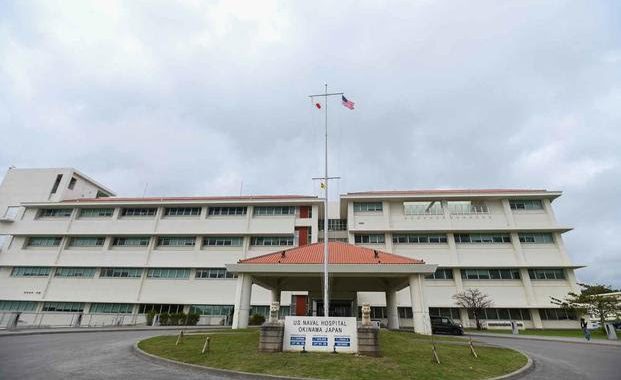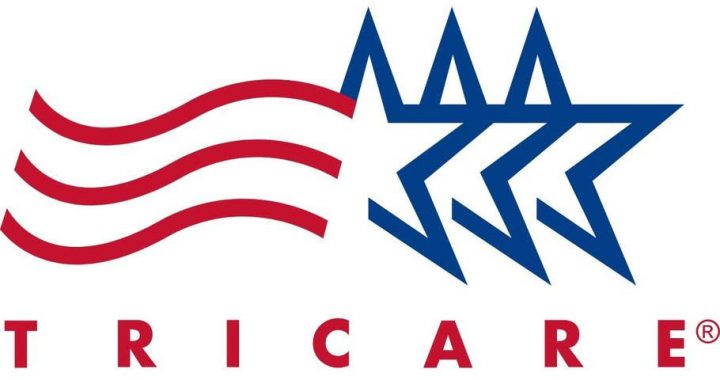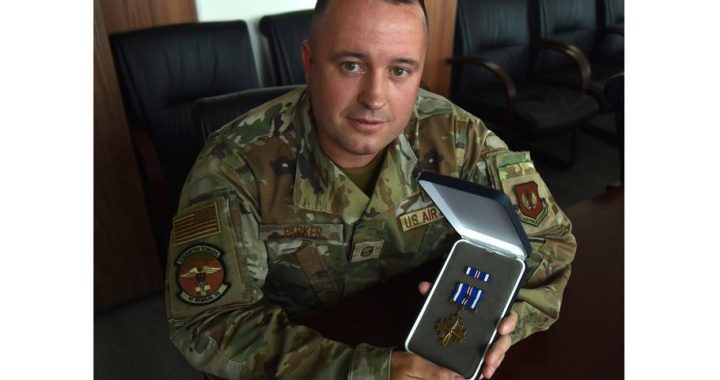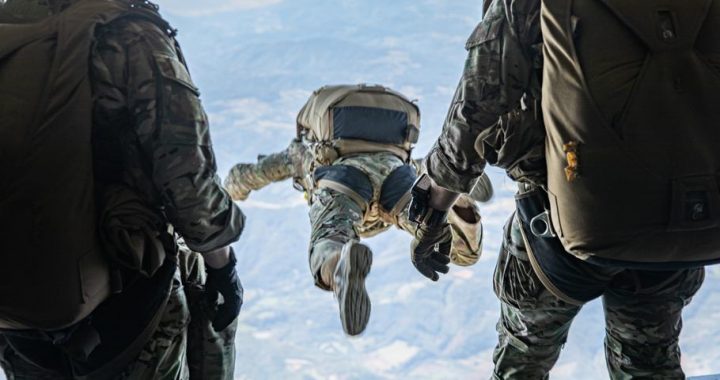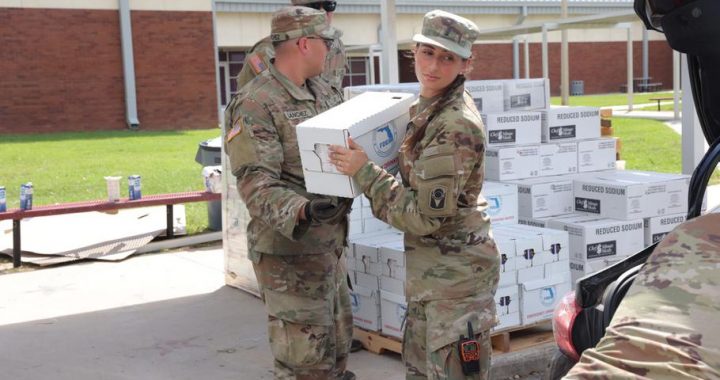One Health Week Highlights Comprehensive Public Health Concept
3 min read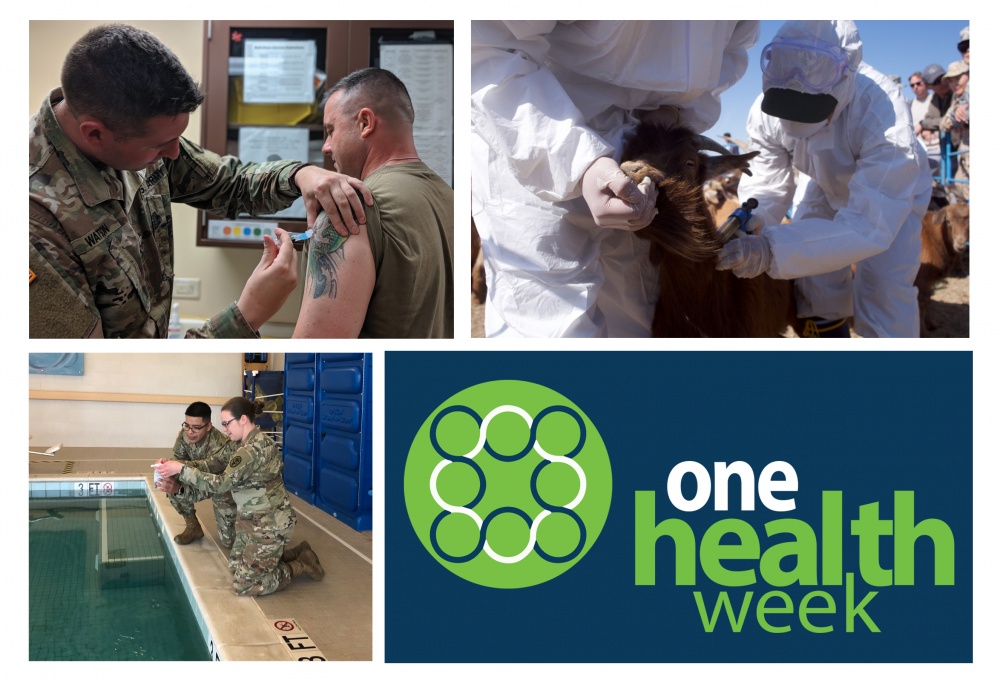
HONOLULU, HI, UNITED STATES
Story by Amber Kurka
Public Health Command – Pacific
TRIPLER ARMY MEDICAL CENTER, Hawaii — According to the Centers for Disease Control and Prevention, tens of thousands of people will get sick every year from diseases spread between animals, people, and the environment.
Preventing the spread of disease and improving public health requires a One Health approach in which physicians, veterinarians, ecologists and Public Health officials work together to solve health issues using a multidisciplinary perspective.
Observed during the first week of November, One Health Week strives to raise awareness around the world to highlight the need for comprehensive public health using the One Health concept.
“This concept promotes a mindset that human health, animal health, and environmental health are interconnected and part of a whole rather than independent sub-components,” explained Col. Heidi Mon, Public Health Command-Pacific commander. “Our team of professionals work toward that end with close monitoring of the health of humans, animals and the environment through our wide-spectrum of programs such as Army Public Health Nursing, Epidemiology, Food Safety and Defense, Animal Care and zoonotic disease tracking, Environmental Health Engineering, Industrial Hygiene, and Entomology among other specialties.”
By viewing the One Health approach through a multidisciplinary lens, Army Public Health organizations enhance readiness by identifying and assessing current and emerging health threats and developing and communicating public health solutions to protect service members and their Families.
“Our mission within Public Health Command-Pacific is to continuously protect, promote, and improve the health of the force and their Families throughout the Indo-Pacific,” Mon explained. “A healthy force directly supports the Army’s number one priority of readiness.”
According to the National Center for Biotechnology Information, infectious diseases have been the single greatest threat to the health of those involved in military operations.
NCBI reports that during the Vietnam War disease was listed as the cause of 56 to 74 percent of active-duty Army patient admissions to hospitals in Vietnam from 1965 to 1970.
“During our nation’s earlier conflicts, we had a large percentage of causalities as a result of improper hygiene and poor sanitation,” explained Maj. Ran Du, PHC-P Environmental Health and Engineering chief. “With each progressive conflict, we are learning more about preventative medicine and how to tackle non-battle injuries. By applying the One Health concept, we are able to improve public health, decrease non-battle injuries, and have more fully mission capable Soldiers.”
Over the years, the One Health approach has not only helped to prevent injuries, but it has also driven military equipment advancements in the field and downrange.
“I remember when I would go out into the field, and we didn’t have handwashing equipment – it wasn’t even a thing that you could order,” explained Chief Warrant Officer 4 Jemme Neal, PHC-P Command Food Safety officer. “Because we have a better understanding of One Health and how humans, the environment and animals impact the spread of disease, there are now huge handwashing stations that you can order to protect your unit from the spread of disease.”
The scope of One Health and Public Health goes far beyond taking care of service members or military units downrange.
“Unlike a lot of other medical fields, we often treat more than one person at a time – we treat whole populations and communities,” explained Du. “For example, when we ensure an installation’s water is safe to drink, we are also ensuring the same water is safe for surgeries at clinics to treat animals and humans. We have a much larger impact on populations in preventing the spread of illness and disease.”
While Public Health organizations have been extremely effective in disease prevention thanks to the One Health approach, Public Health is still often overlooked.
“Public Health is important, but it’s often in the background because most people tend not to think about it until an outbreak occurs,” said Du. “One Health Week gives us an opportunity to share with the community our mission, the importance of Public Health, and how humans, animals and the environment are all interconnected to stop the spread of disease.”


